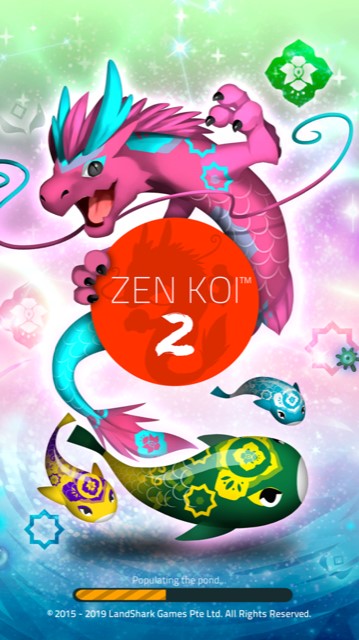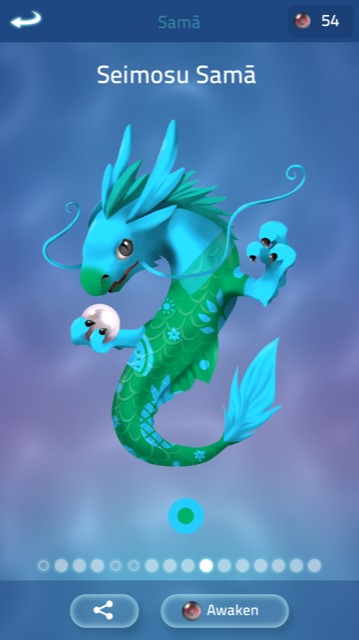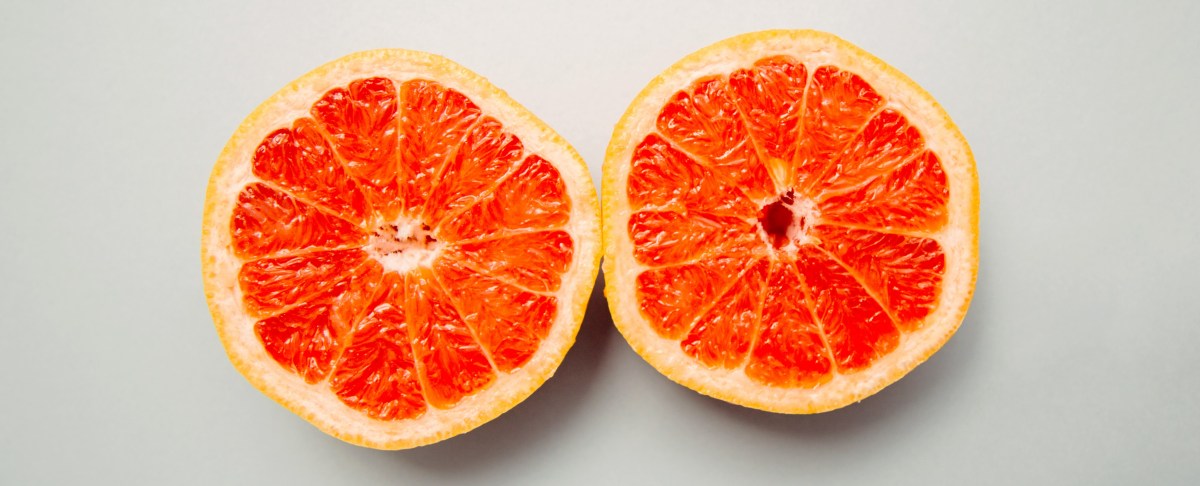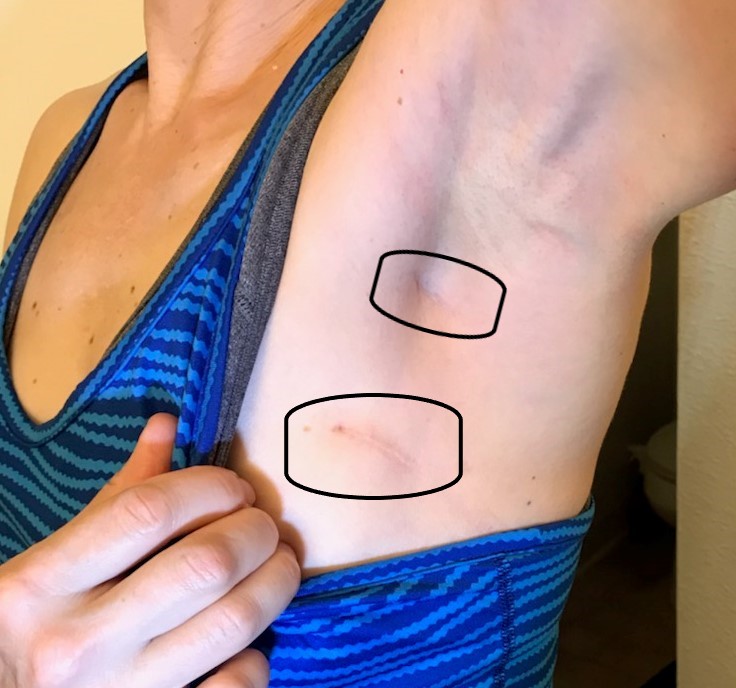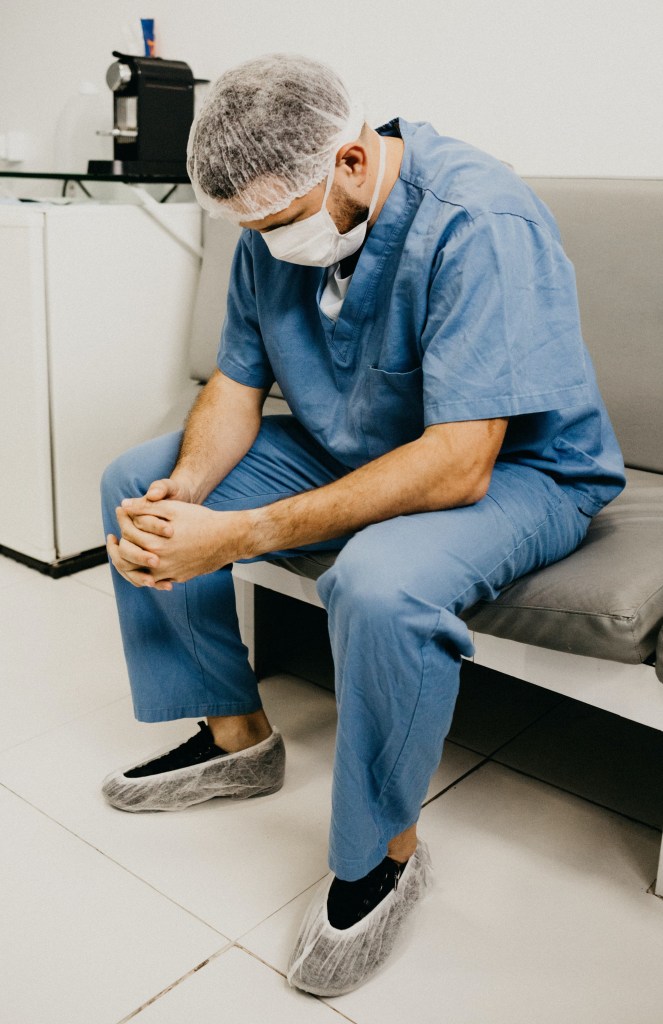I wrote my previous post about Zen Koi 2 so that I could write you this one.
You’d think that with a lovely mindful smartphone game where there’s limited stress and little competition, I’d be able to sink into peaceful bliss every time I played. Oh, but no. After I fell in love with Zen Koi 2, I found myself engaging in rather unmindful behaviors.
No stress? I’ll create it! All I needed to do was swim my delightfully colorful koi around and nab a little morsel here and there. It wasn’t long before that turned into frantic darting around the pond, frustrated by the prey I wasn’t fast enough to easily catch, annoyed by lack of maneuverability (these abilities improve as you level up), incensed when a spiny pufferfish blocked my path or spikey plants slowed me down. Instead of creating space between myself and the game, I was sucked into it and treading virtual water frantically.
Mind you, there’s no time limit on playing this game, no detriment to your koi if you spend a lot of time in one area. The prey items never run out. All you need is patience…and a little perspective.
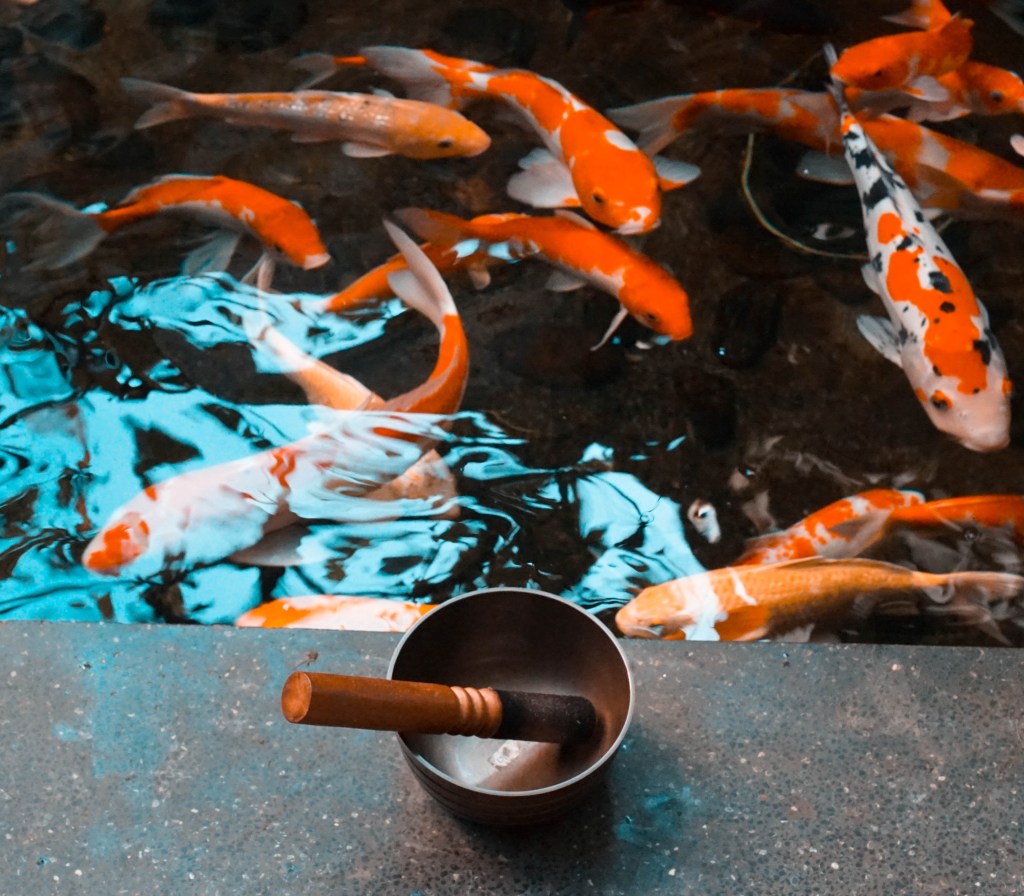
I had trouble releasing newly hatched koi, wanting to keep them in my separate, personal pond (which has very limited space), so that I could play with them again. All this, even though once a koi is hatched is it in your collection permanently, and if you release it, you can easily clone it and swim with it once more. So there’s absolutely no need to hold on. But I was grasping, unable to let go. My behavior didn’t make sense.
It really wasn’t until I found myself clenching my jaws and gripping my phone that I dawned on me that I wasn’t enjoying this. I was striving for the next level. What I had at the moment wasn’t good enough, I was always trying to increase my koi’s abilities or get to the next sigil. I wasn’t enjoying the beauty of the little fish I had now. As soon as a mating fish appeared, I started drawing Punnett squares in my head, calculating what color combinations would result, and whether I potentially needed the hatchling to complete a collection.
Clearly, this sort of behavior is *not* what I’m going for when practicing mindfulness. In fact, it is completely antithetical to it. The striving, grasping, inability to focus on “now” was very telling. These are, of course, digital creatures, color pixels on the screen. It was my mind that made them real, my mind that created the anxiety around the game. It was my mind that gave the game so much emotional power over me.

So I was thinking. Isn’t that kind of like my relationship with my fears? They too are not real, and it’s likely that a majority of them will never be real. And yet I attach to them and let them drag me around, frustrating me, agitating me, and in general, making me miserable.
For me, my cancer “story” was about loss. Loss of hair, loss of energy, loss of hope, loss of time to do more in my life. And the more I had felt I lost, the more I clung to how I wanted things to be. But they couldn’t be like that. I had already realized that, but it wasn’t until I played that innocent little smartphone game that I saw how powerful my attachment was to the things I really needed to release.
So, the next time I played with my fish, I gave myself distance. When I found myself clinging, I took a deep breath and let go. I let go of the newly hatched koi, I let go of the need to be more than I already am, I let go of the fears about tomorrow. And nothing bad happened. My koi was still peacefully traversing its little pond. I was still sitting on the couch, phone in hand, just like before. It was a pleasantly grounding realization.
Spiny pufferfish be damned. I think I can do this.
~~~~~~~~~~~~~~~~
My need to hold on is like my cancer journey: still a work in progress. I don’t know what the future holds. But if I can make this moment a little more pleasant instead of mourning all my losses, then I will consider that a victory.

